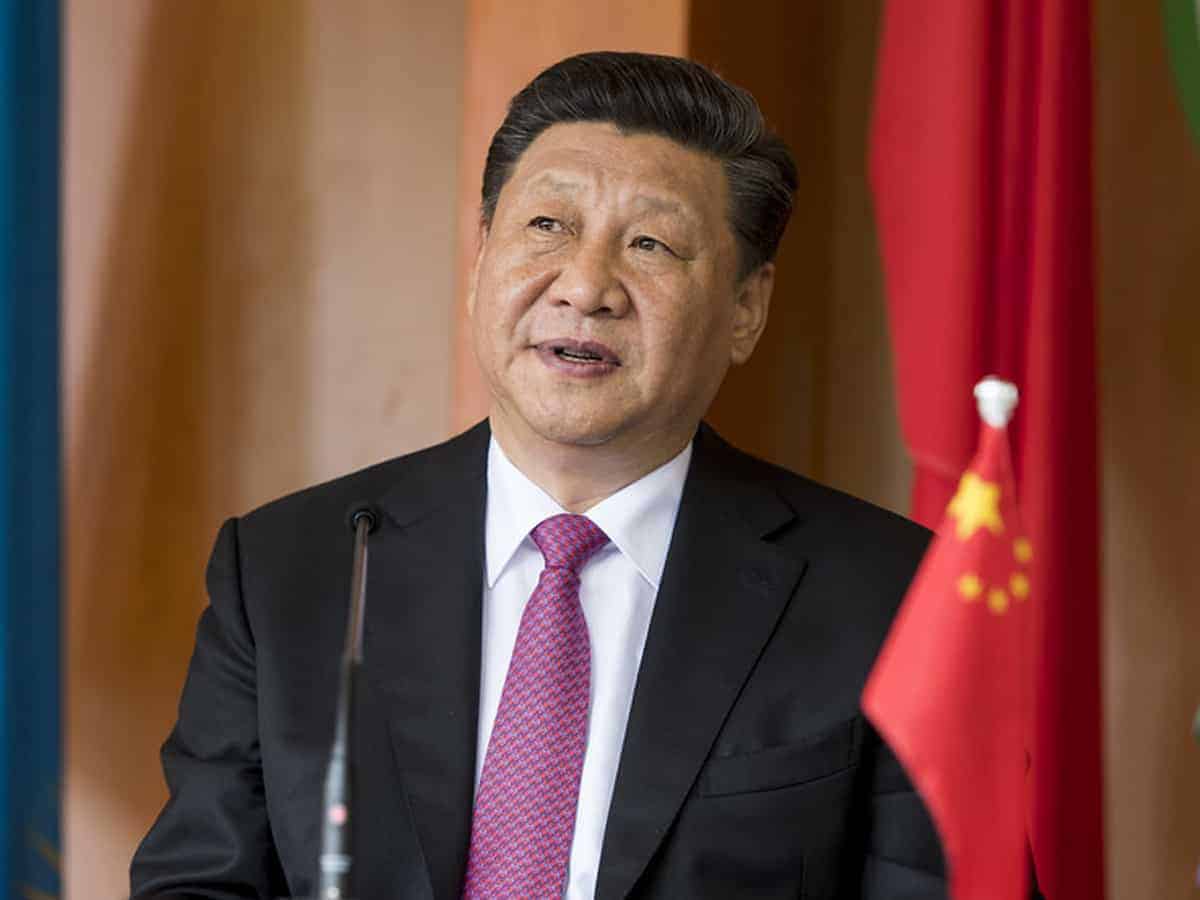
Riyadh: Leaders of China and the member states of the Arab League have agreed to strengthen cooperation and enhance the China-Arab strategic partnership, according to the Chinese Foreign Ministry.
On the afternoon of December 9, the first China-Arab States Summit was held at the King Abdulaziz International Conference Center in Riyadh, the capital of Saudi Arabia.
The Summit issued the Riyadh Declaration of the First China-Arab States Summit which announced that China and Arab States agreed to make efforts to build a China-Arab community with a “shared future in the new era.” Chinese President Xi Jinping attended the Summit with leaders from 21 countries of the Arab League.
In a declaration issued following the first China-Arab States Summit, the leaders said they hope to open up broader prospects for the China-Arab strategic partnership.
China and Arab states are committed to deepening China-Arab cooperation in various fields through the mechanisms under the framework of the China-Arab States Cooperation Forum, according to the declaration.
The two sides agreed to make all-out efforts to build a China-Arab community with a shared future in the new era.
Notably, the declaration said that the Arab states adhere to the one-China principle, support China in safeguarding its sovereignty and territorial integrity, and reaffirm that Taiwan is an inseparable part of China’s territory.
The leaders agreed that regional and international efforts should be made to seek political solutions to regional crises and issues such as the crises in Syria, Libya and Yemen in accordance with relevant international resolutions, agreements and principles.
They said they support the efforts to achieve a political settlement of the Ukraine crisis and restore security and peace in accordance with international law, the principles of the UN Charter, national sovereignty, and territorial integrity.
The leaders said they support the establishment of a Middle East zone free of weapons of mass destruction, in accordance with the Treaty on the Non-Proliferation of Nuclear Weapons, which is the cornerstone of the international nuclear non-proliferation regime.
Both sides agreed to strengthen counter-terrorism efforts and reject “double standards” in the fight against terrorism. They also agreed to strengthen dialogue among civilizations and oppose Islamophobia in all forms.



